When you first hear that Copenhagen, Denmark is known for sustainability, you may picture the green spaces, windmills or thousands of bicycles, but the nation’s eco-friendly alternatives are also taken to a more personal level: menstrual products.
Of the 1.9 billion menstruators around the globe, The World Bank found that at least 500 million experience period poverty: the lack of access to hygiene products, menstrual education and sanitation facilities.
Why It’s Newsworthy: Although typically considered a taboo topic, menstrual health is a concern that is garnering global attention from many angles, including environment, health, education and policy. Non-reusable menstrual products are typically made of plastic and generate over 200,000 tons of waste annually.Reusable menstrual products are just one way the Danes are combating this global issue; the products address menstrual health and period poverty through a sustainable lens.
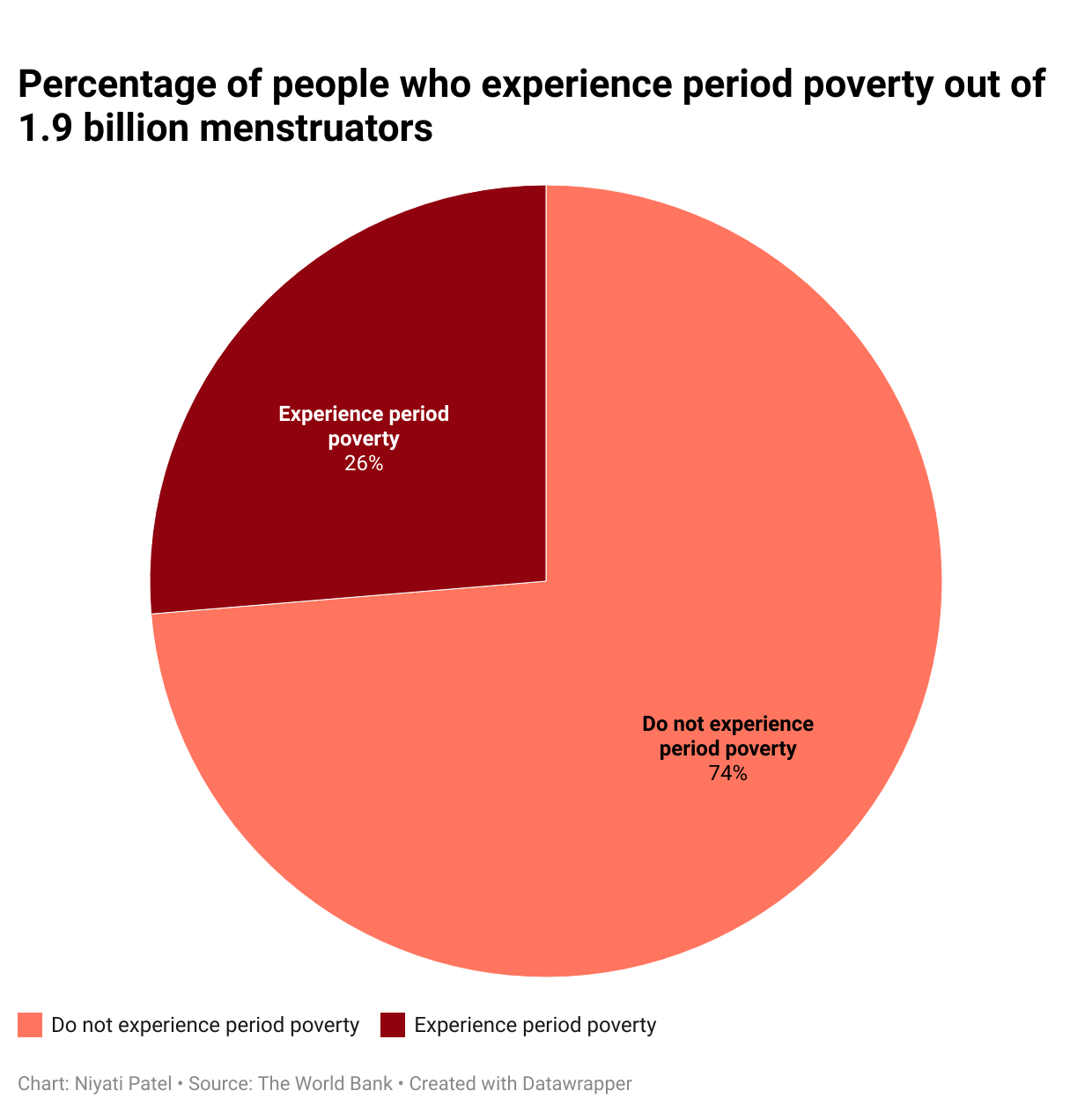
“There are thousands, millions of us and they’re the ones who are going to make a difference,” said Isabel Aagaard, co-founder and chief creative officer of LastObject. “They’re the ones who are going to change how we bleed.”
LastObject is a Danish startup company that produces reusable products to replace single-use items. Their mission is to make sustainable alternatives an easier lifestyle choice.
The LastPad replaces 240 single-use menstrual pads at a cost of 125 Danish Kroner, or 18 U.S. dollars.
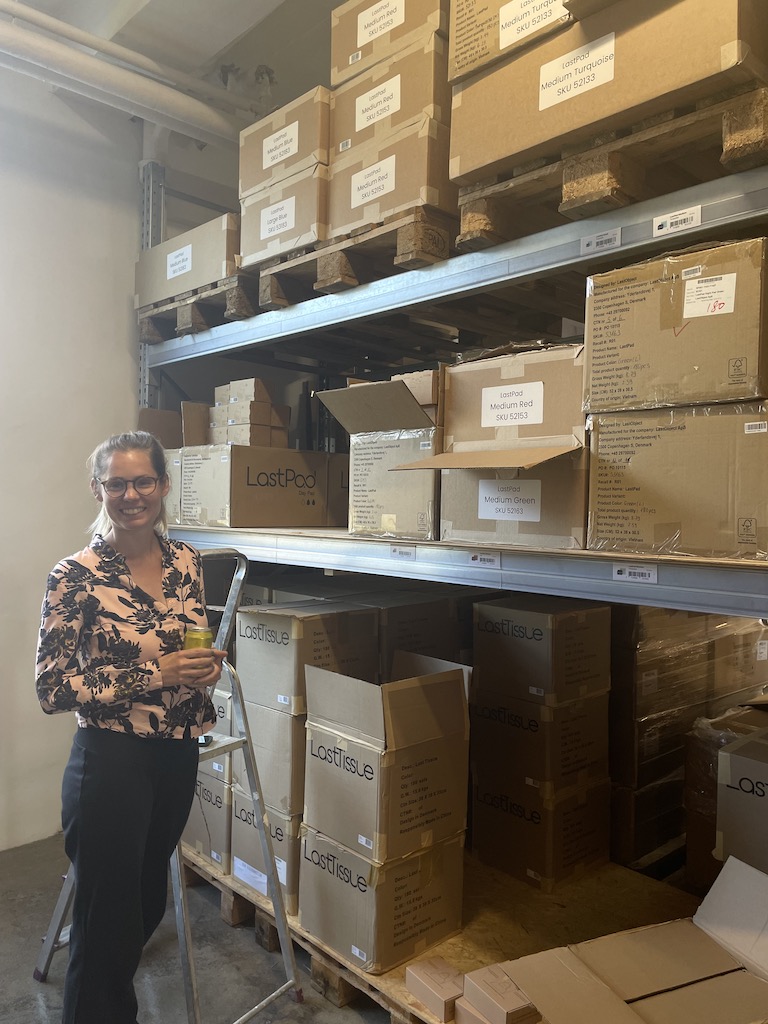
Aagaard, a designer by trade, worked for three years with her team to develop the product. The reusable pad, made of sustainable materials such as polyester and bamboo, is free from harmful chemicals and has a lifetime of about 10 years, according to LastObject’s website.
The product “just works” since users just wash it and reuse it, said Liliana Alise Liepa Liepina, a consumer of the LastPad.
Through their products, the startup has eliminated the need for 300 billion single-use items.
Easier Said Than Done
While reusable menstrual products provide a response to the excess waste and high costs of single-use products, Celiné Brassart Olsen says there are caveats to consider.
Olsen, an assistant professor at the University of Copenhagen, is currently working on a three-year research project: “Conceptualizing a Human Right to Menstrual Health — Breaking Societal Taboos and Promoting Female Health.”
“Again, it requires infrastructure,” she said. “So, you know, you need access to water; you need maintenance.”
There is no universal access to the infrastructure needed for reusable menstrual products, which is why Olsen says sustainable products cannot magically solve the situation.
She also discussed the issue of greenwashing, where companies market products as eco-friendly or biodegradable. Green-washed products do not match their sustainable description, so Olsen says she thinks consumers need to be careful about what they buy.
To combat the facade of greenwashing, LastObject became B Corp certified, a designation of verified performance, accountability and transparency. Businesses with this certification are said to be leaders in social and environmental impact.
“It’s great that it’s better for the environment, and at the same time we should not make women bear the burden of that,” Olsen said. “And if they can’t afford those products, I don’t think we should point fingers because that’s the last thing they probably need.”
Broader Solutions
Other Danish organizations are finding ways to negate concerns around infrastructure and other limitations, though.
Real Relief is the creator of SafePad, a reusable sanitary pad with antimicrobial treatment that kills bacteria and yeast.
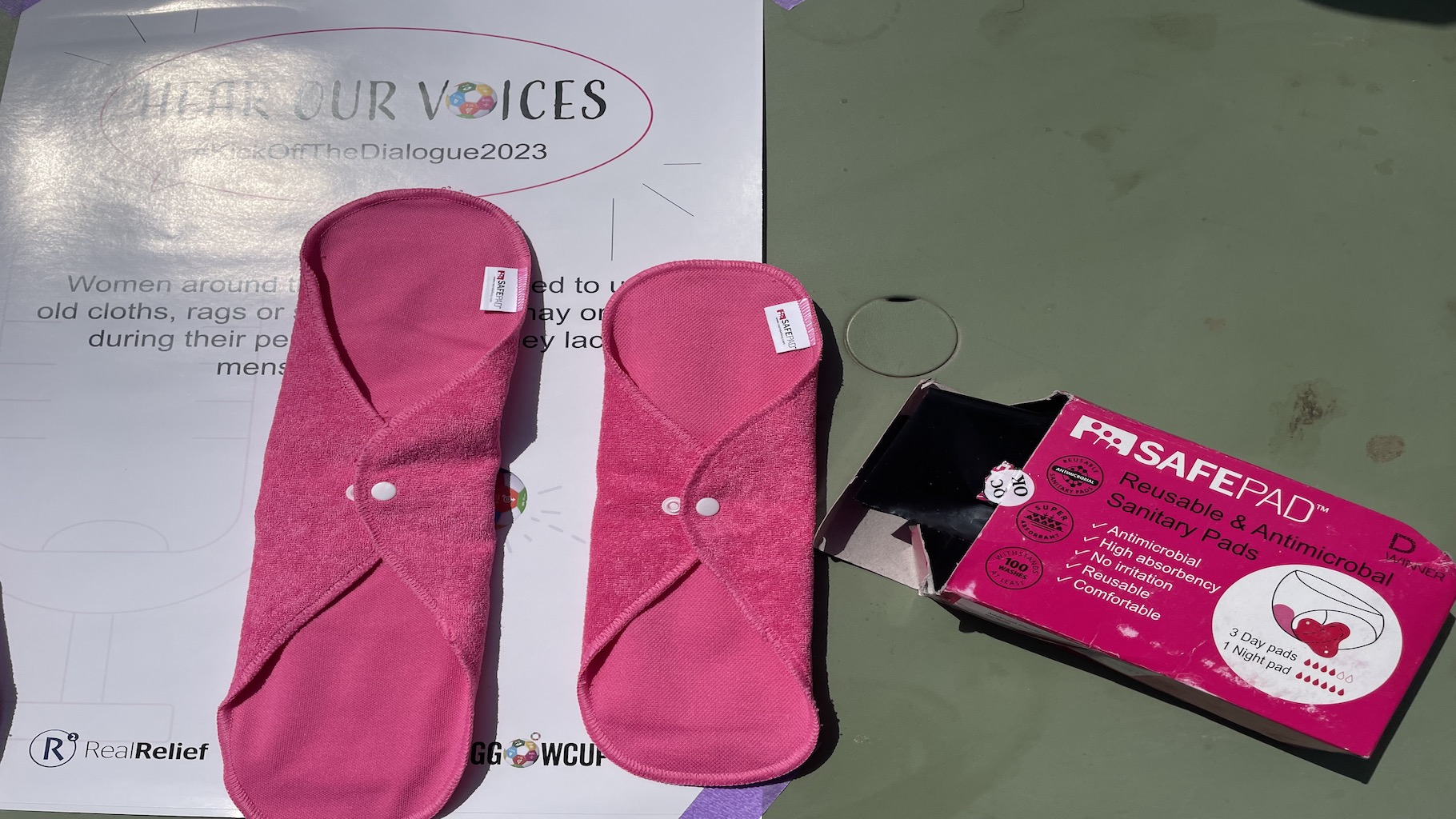
Sustainability for all is their vision, so their menstrual health aid reaches countries throughout Asia and Sub-Saharan Africa. Although designed in Denmark, plastic waste is collected from seashores and regenerated into pads in India.
“Because in many of the countries where we operate, girls and women don’t have access to cheap products,” said Trine Angeline Sig, managing director of Real Relief. “They don’t have access to information either, or wash facilities or infrastructure.”
The antimicrobial technology ensures the SafePad can be washed in contaminated water, so you have a safe and hygienic pad to use afterwards.
“I don’t know if I would go that far to say that we are saving lives of women when offering a product like SafePad, but we’re definitely improving lives of menstruators when giving them access to reusable, hygienic products,” she said.
A Call for Action
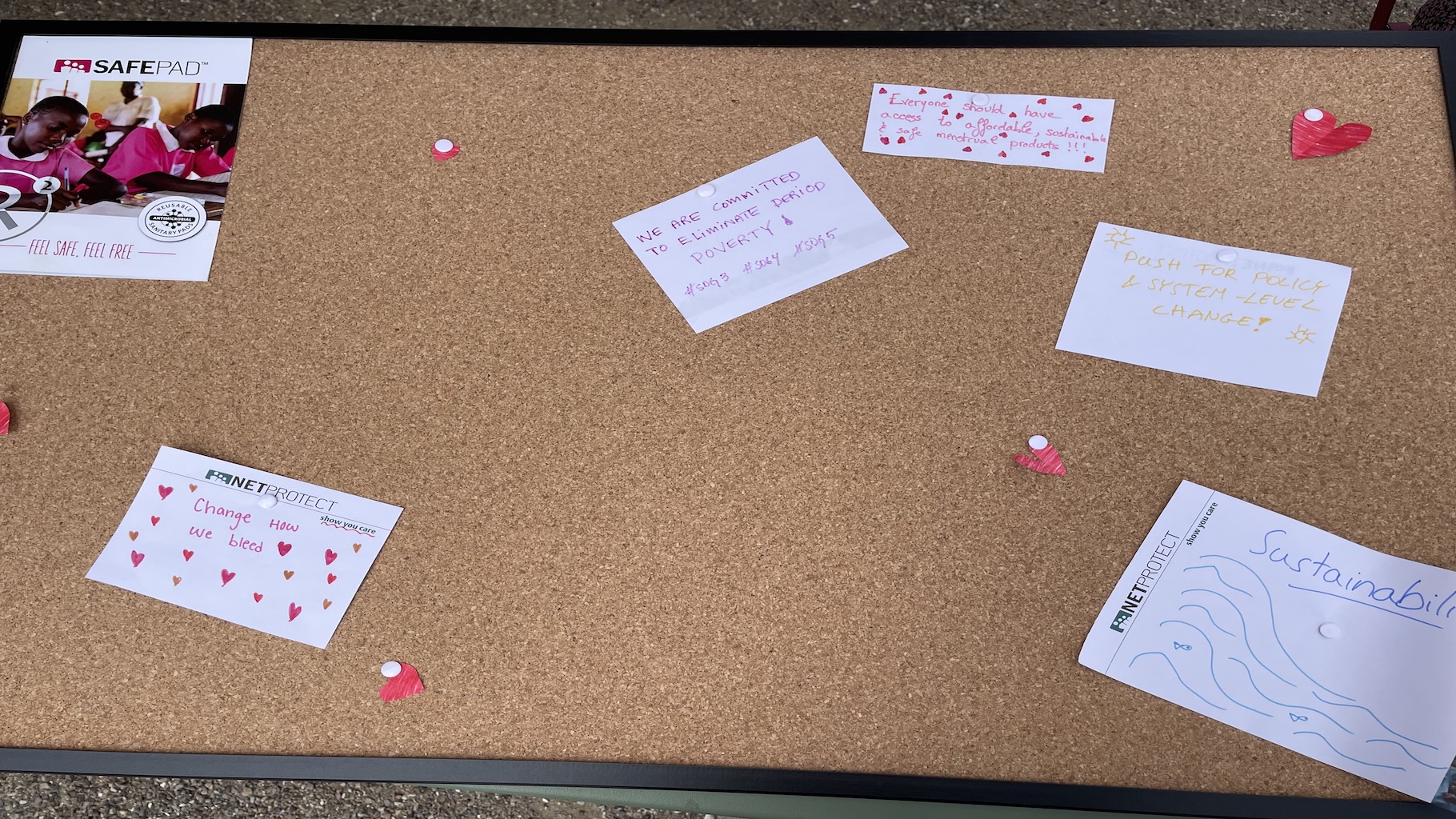
To Sig, reusable pads are a “return on investment” since you are investing money into a product that is longer lasting. However, she says that is still not the final solution.
“I think we have the solutions to handle our periods globally, but I don’t think we have the backup, the support, the funding, to actually be able to offer the solutions that are already existing to the menstruators globally,” she said.
Residents of Denmark are seeing action against climate change in numerous aspects of their lives, including how they bleed, but Aagaard says many people still need to get involved in the initiative.
“I think that with innovation and with determiness, I think we can get somewhere,” she said. “But I think a lot of people need to be more aware of how they live and what actually makes a difference.”
Niyati Patel is a junior majoring in journalism and political science at the University of Georgia.


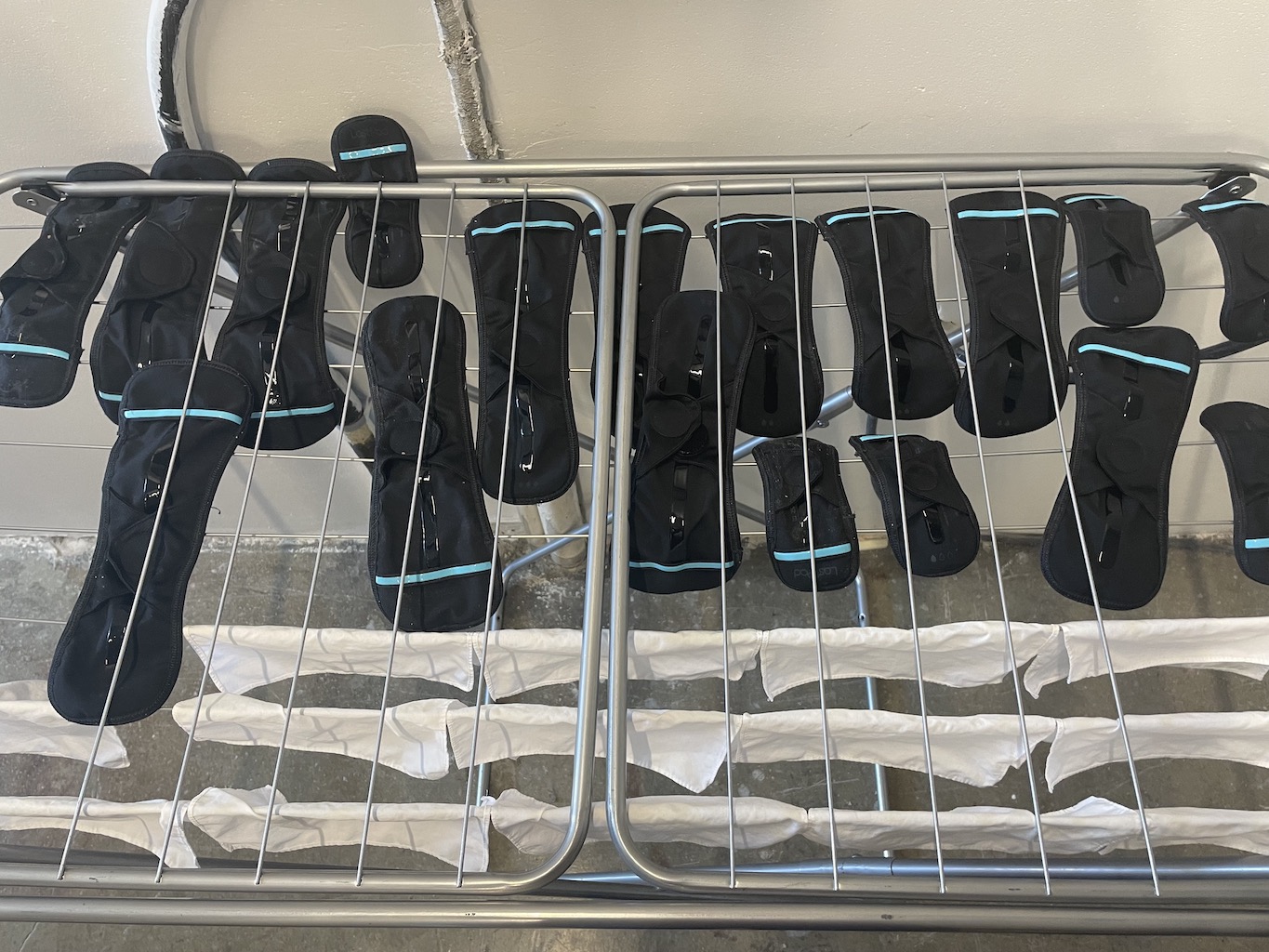
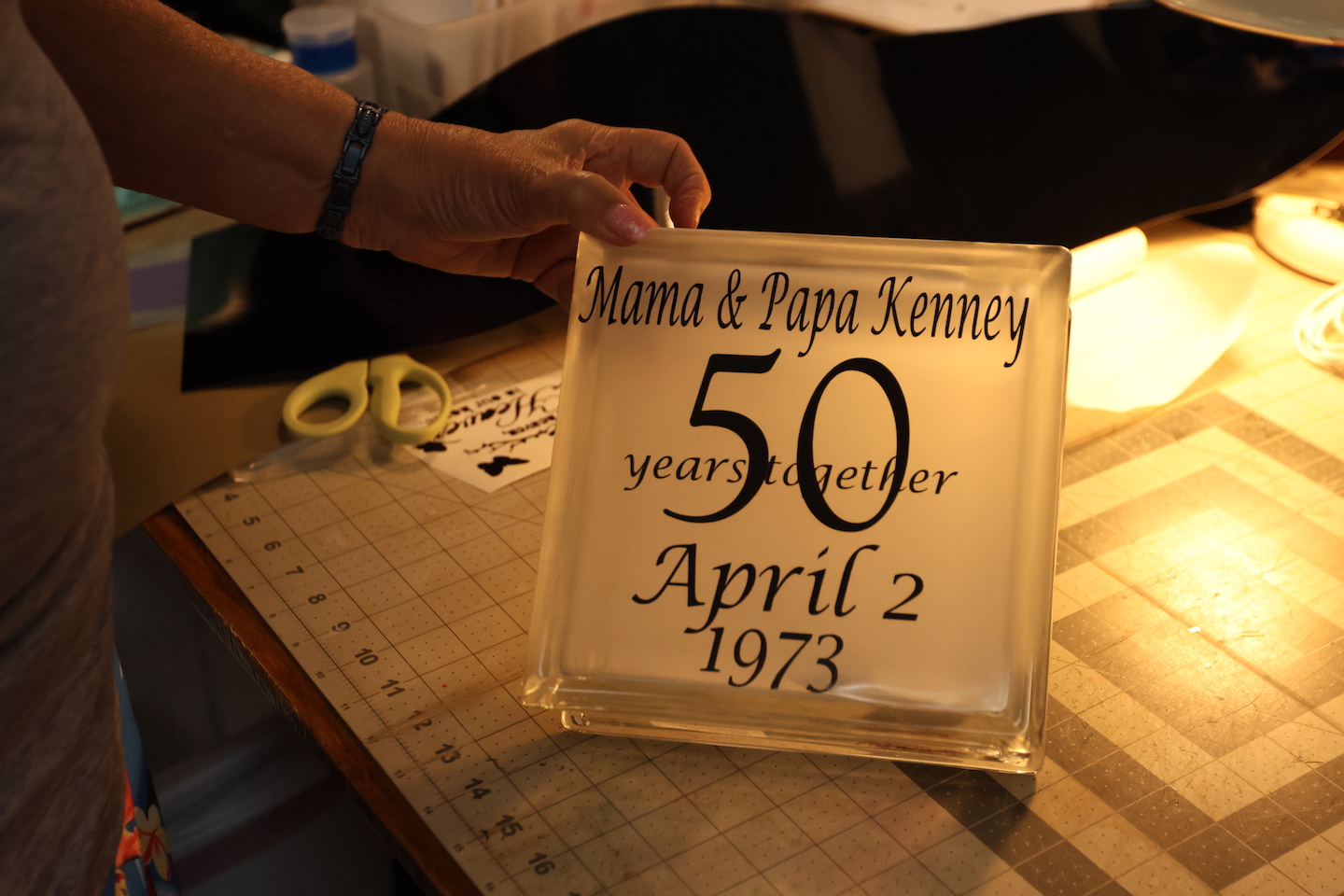
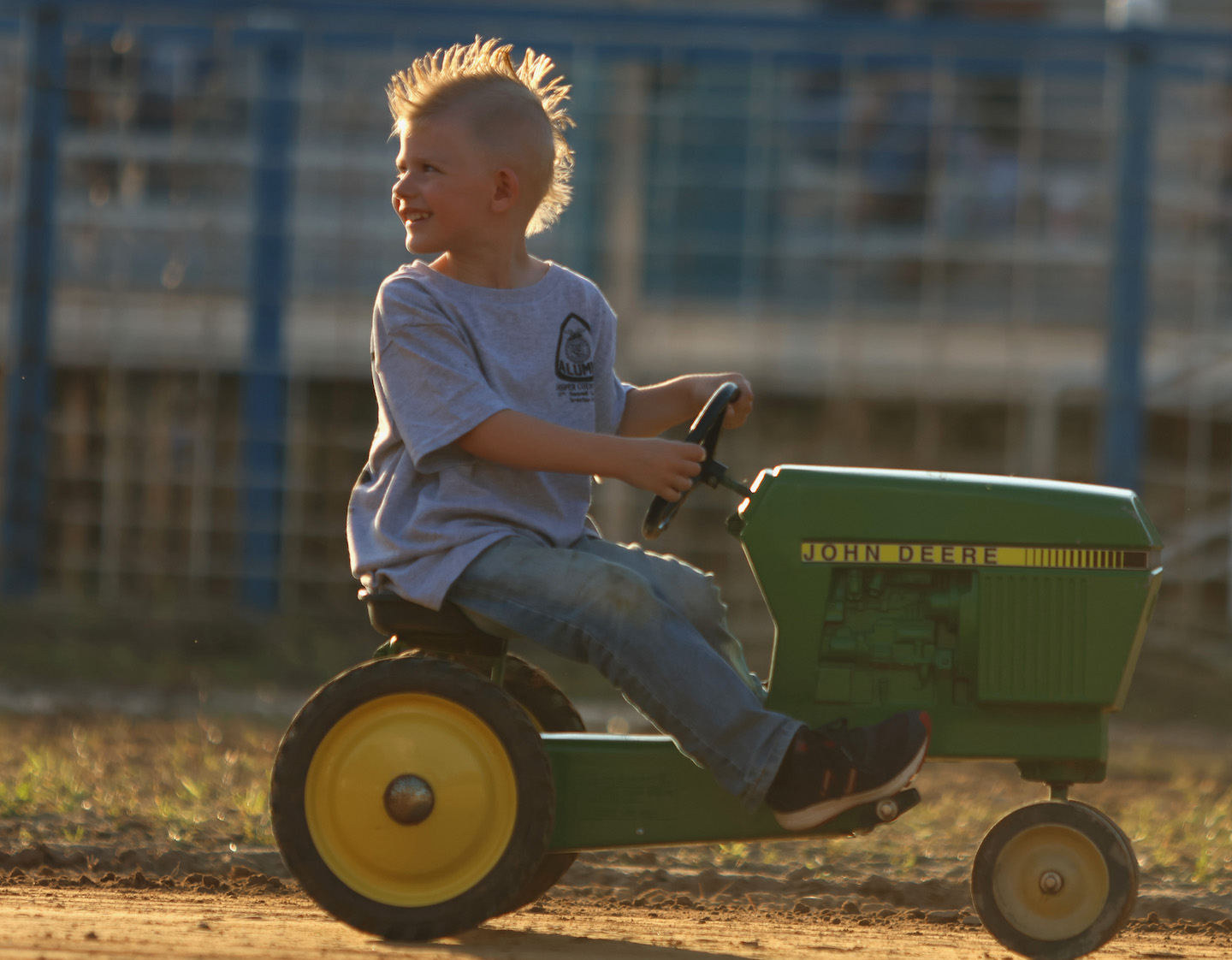




Show Comments (1)